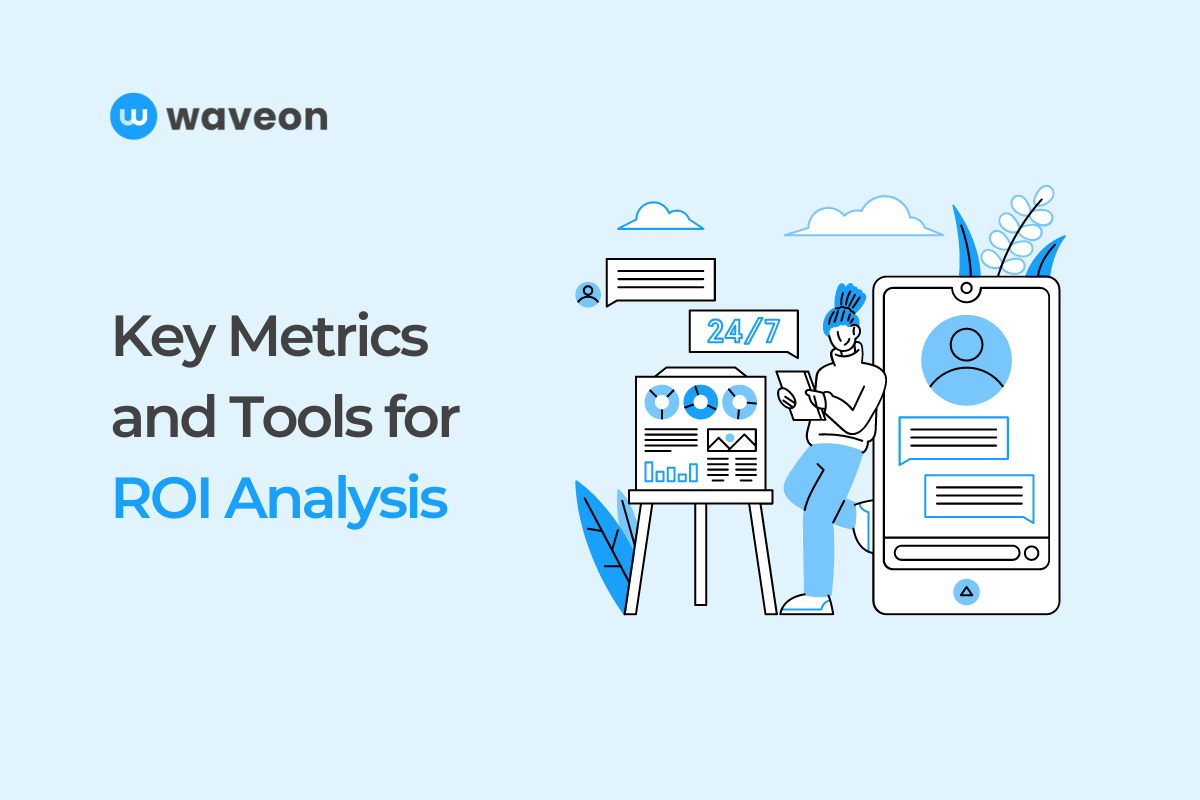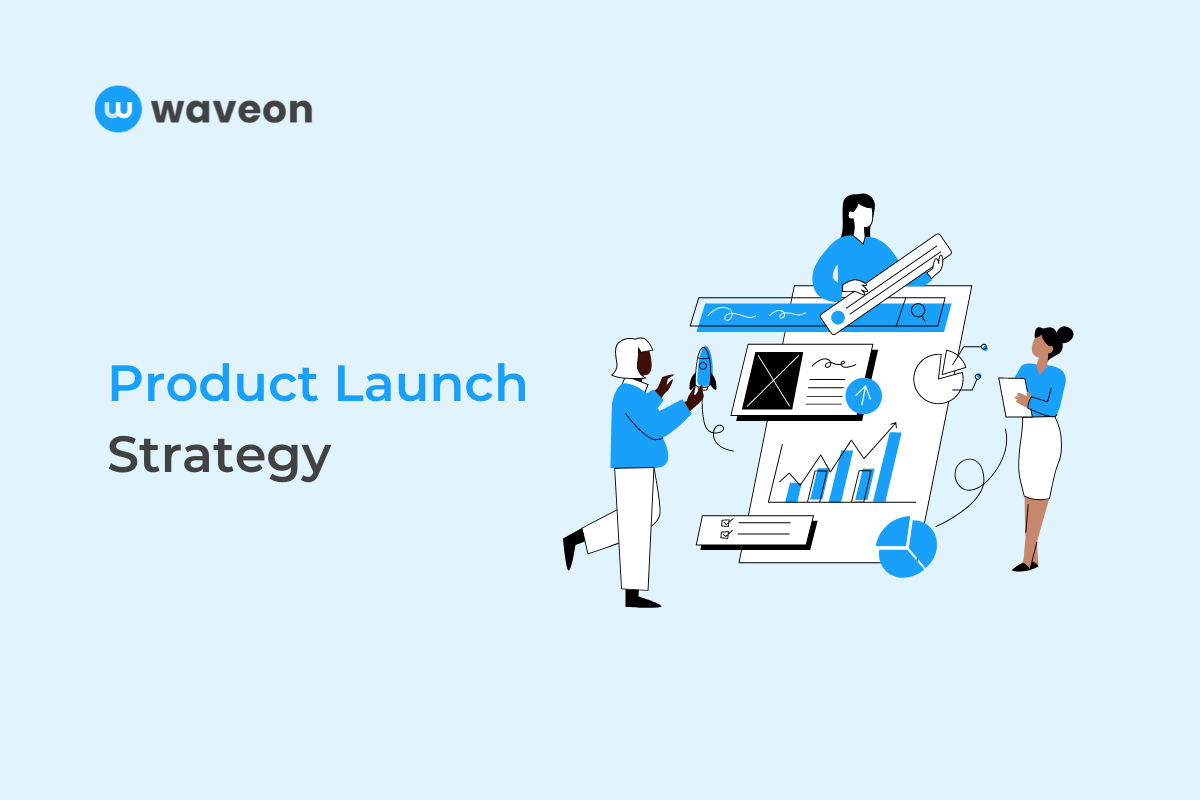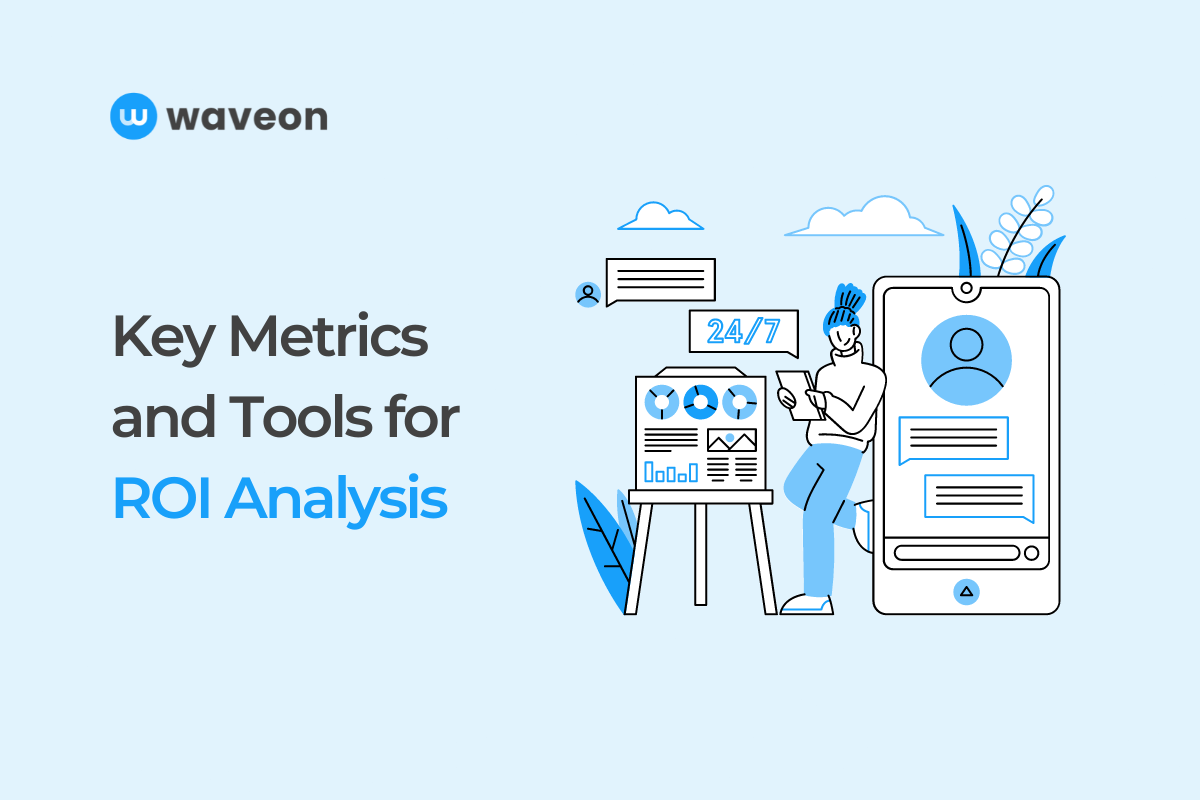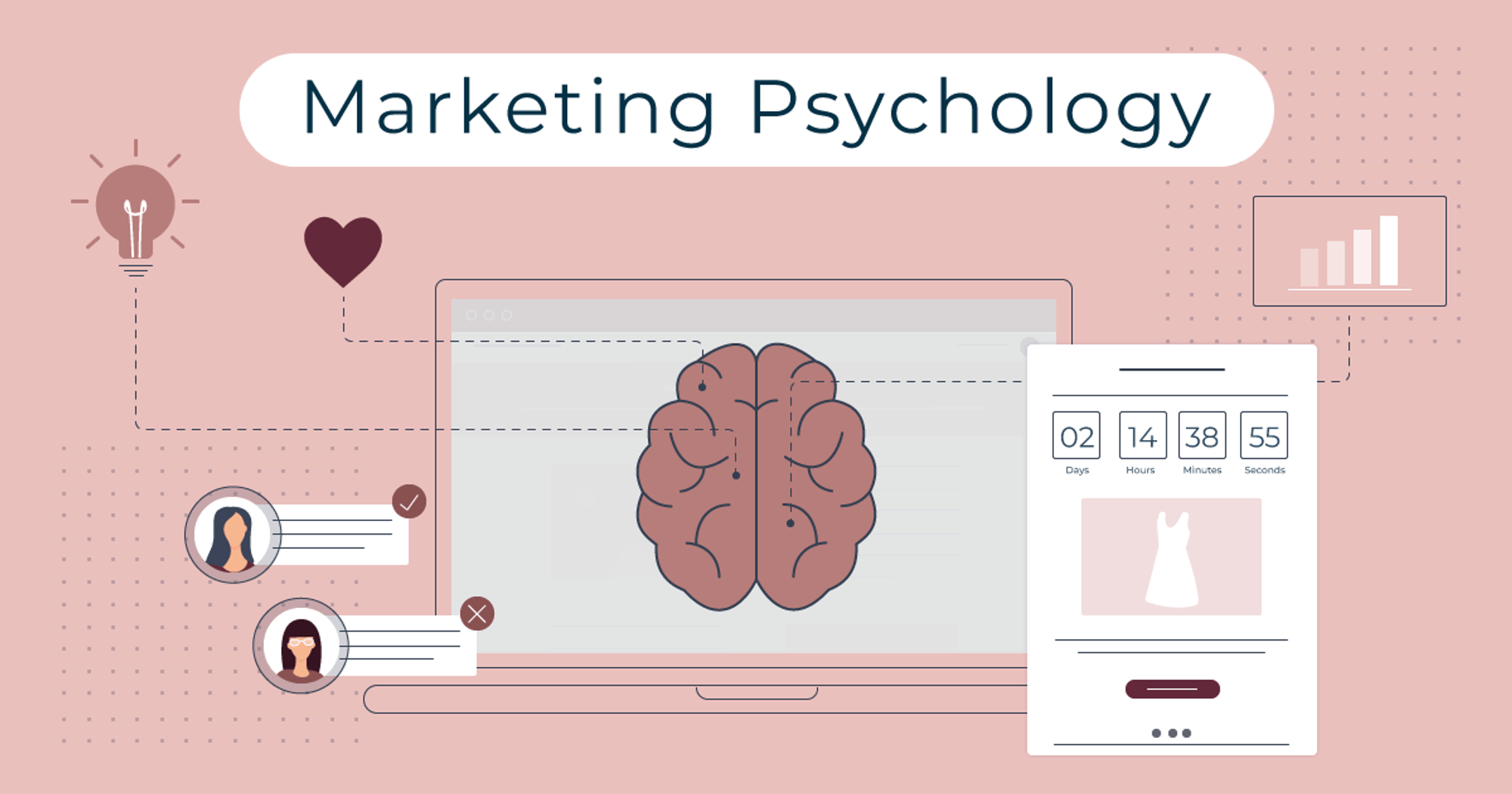Insight
Key Metrics and Tools for Marketing ROI Analysis
Waveon Team
7/18/2023
0 min read

Introduction
Measuring the effectiveness of marketing efforts is essential for businesses to understand the impact of their strategies and optimize their return on investment (ROI). In this article, we will explore key metrics and tools that can help organizations evaluate their marketing effectiveness and conduct ROI analysis.
Key Metrics for Measuring Marketing Effectiveness
1. Sales Revenue and Profit
Sales revenue and profit are fundamental metrics to assess the success of marketing campaigns. By tracking revenue generated from marketing efforts and calculating profit margins, businesses can determine the ROI of their marketing investments.
2. Customer Acquisition and Retention
Measuring the cost of acquiring new customers and evaluating customer retention rates are crucial for assessing marketing effectiveness. Understanding the lifetime value of customers helps businesses make informed decisions about resource allocation.
3. Conversion Rates
Monitoring conversion rates at different stages of the sales funnel provides insights into the efficiency of marketing efforts. Analyzing website traffic, click-through rates, and conversion metrics enables businesses to optimize their marketing strategies.
4. Brand Awareness and Reach
Measuring brand recognition and recall through surveys and tracking social media metrics and website analytics can help evaluate the impact of marketing campaigns on brand visibility and customer engagement.
Tools for ROI Analysis:
Customer Relationship Management (CRM) Software
CRM software plays a crucial role in measuring marketing effectiveness and ROI analysis. It allows businesses to track and analyze customer interactions, sales data, and marketing campaign performance.
By integrating CRM data with marketing metrics, organizations gain a comprehensive view of their ROI. CRM systems enable businesses to identify the sources of revenue, track customer acquisition costs, and assess the success of specific marketing campaigns.
These insights help optimize marketing strategies, improve customer targeting, and increase overall profitability.
Web Analytics Tools
Web analytics tools provide valuable insights into website traffic, user behavior, and conversion metrics. These tools track and analyze data such as page views, bounce rates, click-through rates, and conversion rates. By examining these metrics, businesses can evaluate the effectiveness of their marketing efforts in driving traffic, engaging users, and converting leads.
Web analytics tools also offer features like A/B testing and funnel analysis, allowing organizations to identify areas for improvement and optimize their marketing strategies to increase conversion rates and ROI.
Social Media Analytics
With the growing influence osocial media in marketing, analyzing the impact of social media campaigns on ROI is essential. Social media analytics tools provide valuable metrics such as engagement rates, follower growth, reach, and click-through rates.
These tools enable businesses to measure the effectiveness of their social media marketing efforts, identify the most successful campaigns or content, and understand customer sentiment towards their brand.
By leveraging social media analytics, organizations can make data-driven decisions, refine their social media strategies, and maximize their ROI on social media investments.
Surveys and Feedback Mechanisms
Surveys and feedback mechanisms are valuable tools for gathering customer insights and measuring marketing effectiveness. They allow businesses to collect feedback, opinions, and suggestions from customers, helping to gauge brand perception, customer satisfaction, and the impact of marketing campaigns.
Surveys can be conducted through online platforms, email surveys, or in-app feedback forms. By analyzing the responses and sentiments expressed by customers, businesses can identify areas for improvement, fine-tune marketing strategies, and ultimately enhance their ROI by aligning their efforts with customer expectations.
Utilizing these tools for ROI analysis empowers businesses to make informed decisions, optimize their marketing strategies, and maximize their return on investment. By leveraging CRM software, web analytics tools, social media analytics platforms, and surveys, organizations gain valuable insights into customer behavior, campaign performance, and brand perception.
These insights enable businesses to allocate resources effectively, identify opportunities for growth, and continuously improve their marketing efforts to achieve greater ROI and drive overall business success.
Conclusion
Measuring marketing effectiveness is crucial for businesses aiming to optimize their ROI. By tracking key metrics such as sales revenue, customer acquisition, conversion rates, and brand awareness, organizations gain insights into the success of their marketing strategies.
Utilizing tools like CRM software, web analytics tools, social media analytics platforms, and surveys enhances the accuracy and efficiency of ROI analysis. Overcoming challenges related to attribution modeling, data integration, and benchmarking further ensures accurate measurement of marketing effectiveness.
By continuously monitoring and adapting their marketing efforts based on these insights, businesses can enhance their performance and achieve their goals more effectively.
Challenges and Considerations
Attribution modeling, data integration, and accuracy, as well as benchmarking against industry standards, are challenges organizations must address when measuring marketing effectiveness. Developing robust attribution models, ensuring data consistency, and aligning metrics with industry benchmarks are vital for accurate ROI analysis.












